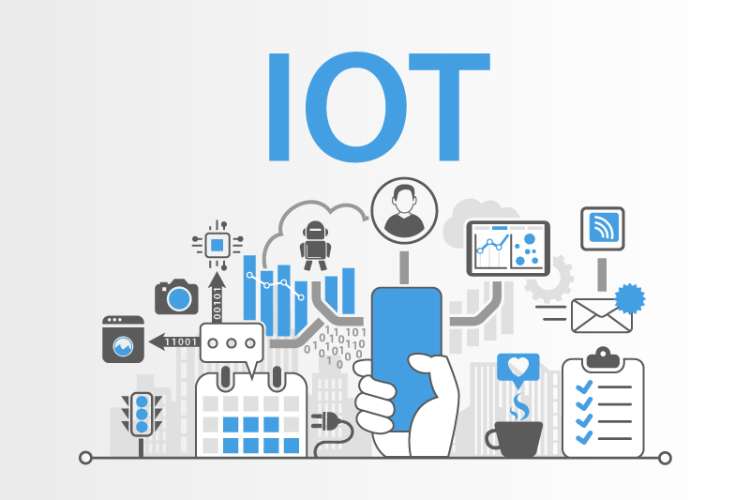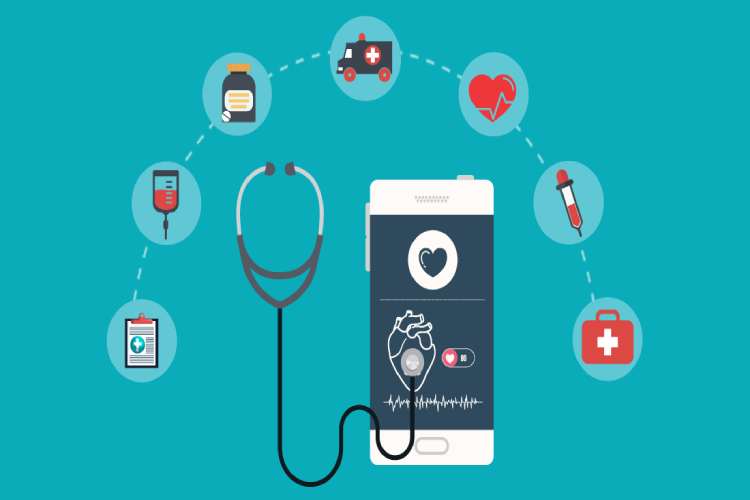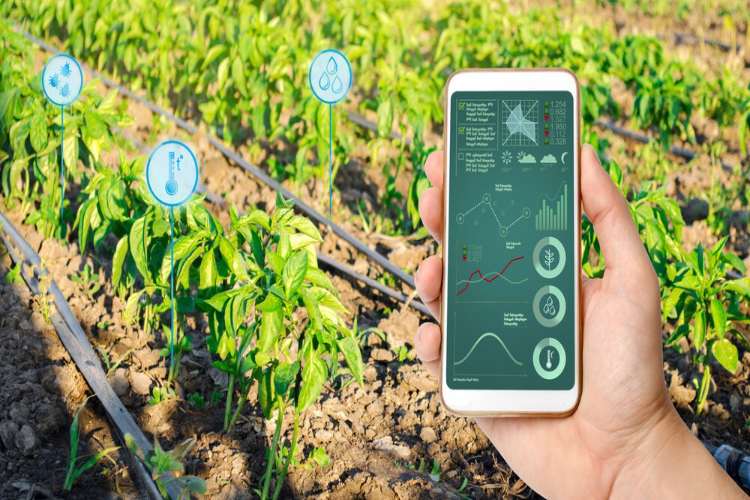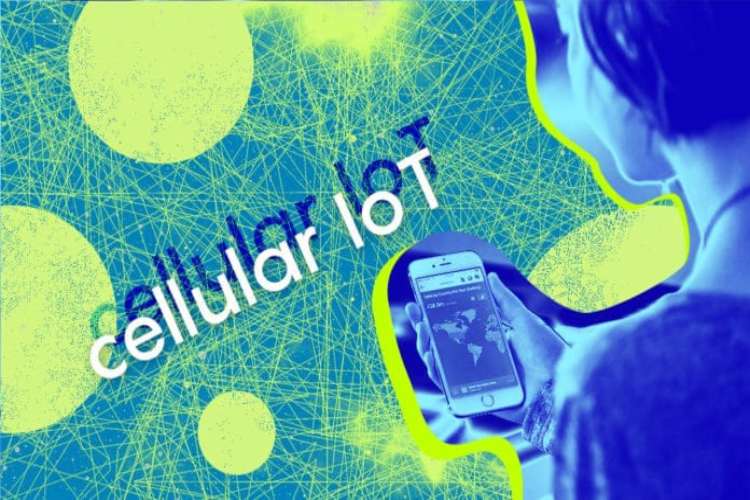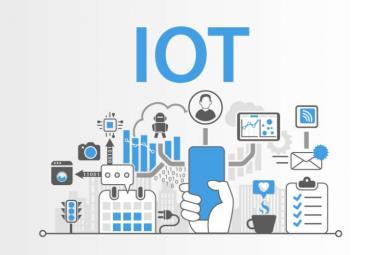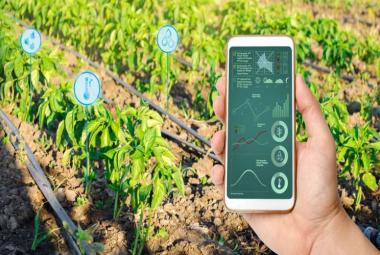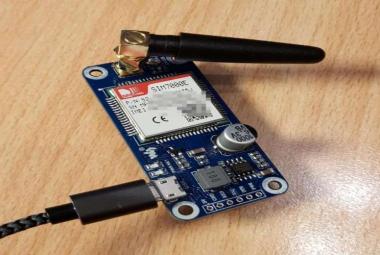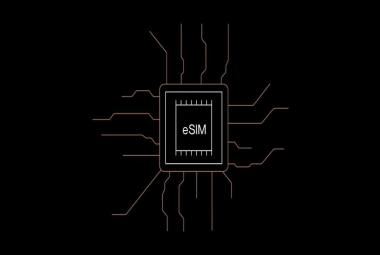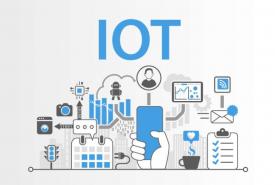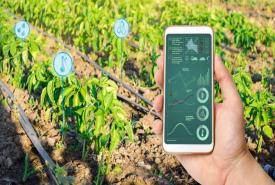Global cellular IoT data generated will grow to 46 petabytes in 2028, up from 21 petabytes this year; leading to further investment in IoT automation services, such as federated learning
The UK based global research firm Juniper Research has now revealed that experts in telecommunications, has found the global number of cellular IoT devices will increase from 3.4 billion in 2024 to 6.5 billion by 2028. However, the study predicts that this 90% growth in connections will require the deployment of new services enabling the efficient automation of IoT device management and security.
This decrease will be driven by the stabilisation of 5G IoT pricing, the growing number of low-revenue LPWA (Low-power Wide-area) connections, and efficiency improvements to networks. As a result, connectivity represents a limited proportion of the total revenue generated, with the GSMA estimating connectivity to represent only 10% of total revenue from IoT. This is expected by Juniper Research to continue to fall, as average revenue per connection per month falls over the next four years.
According to the official press statement by the institute, the research identified intelligent infrastructure management solutions, which enable IoT users to automate the configuration of devices, security processes and connectivity in real-time, as key to handling the large increase in cellular data. The research firm anticipates that global cellular IoT data generated will grow to 46 petabytes in 2028, up from 21 petabytes this year; leading to further investment in IoT automation services, such as federated learning.
The report also revealed that currently, the majority of machine learning models are trained via data sources that are stored in a single location; making opportunities for fraudulent players a simpler task. In response, the study recommends that operators transition to federated learning models, a subset of machine learning that leverages a decentralised data approach to minimise the chances of data fraud over IoT networks.
Federated machine learning limits the exposure of sensitive IoT data, thus reducing the threat of data breaches. Research author Alex Webb remarked; “As the number of cellular IoT connections grows, it is imperative that both platforms and operators ensure data is secure in transition and on device. A failure to do so will dissuade IoT users in industries with sensitive data from using a cellular IoT-based approach to connectivity."

